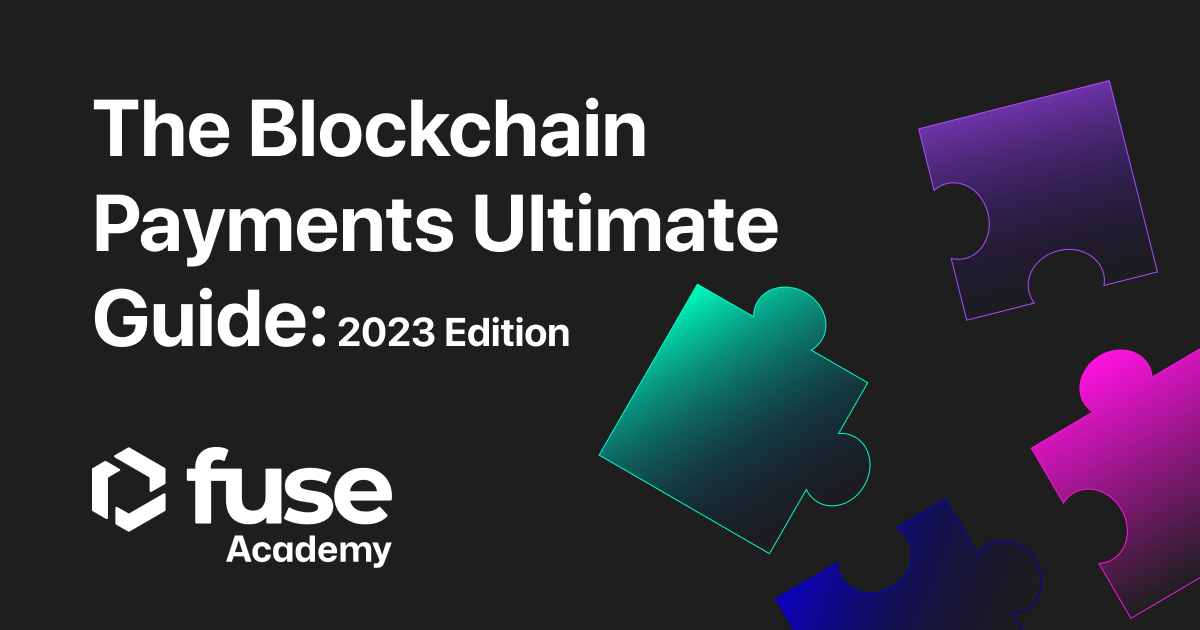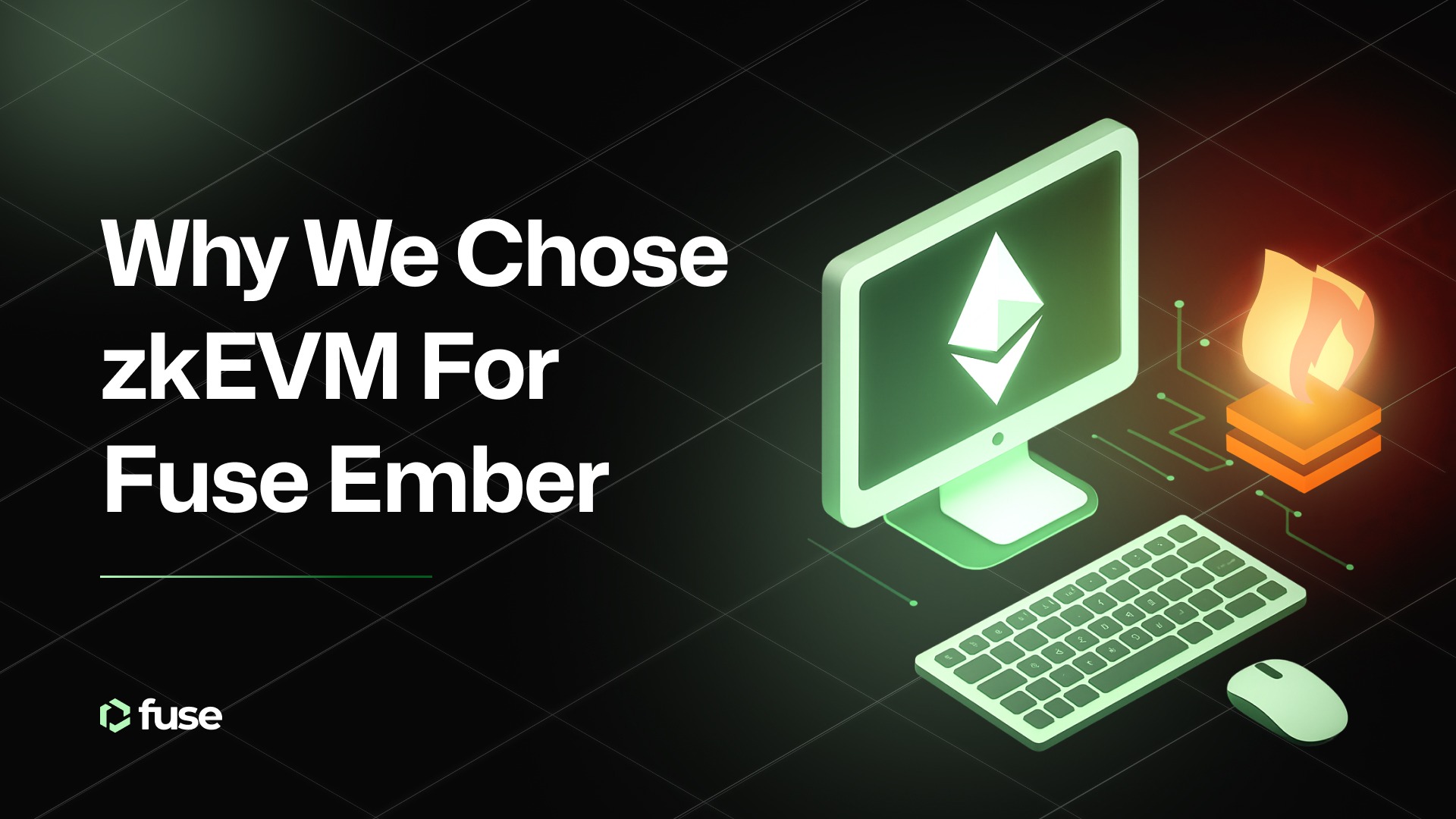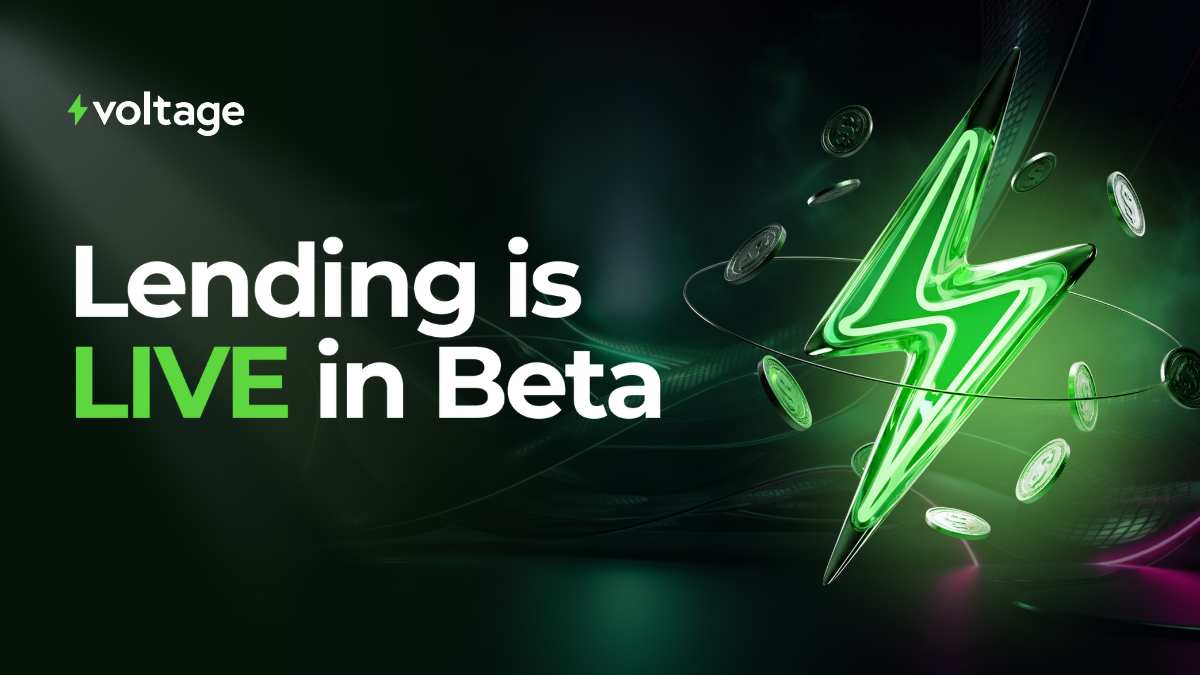Welcome to The Blockchain Payments Ultimate Guide: 2023 Edition. This guide will dive into the fascinating world of blockchain and crypto payment gateways, exploring the latest trends, advancements, and insights shaping the industry.
Blockchain technology can potentially solve many issues associated with traditional systems. The World Bank estimates that payment systems cost 0.5% to 1% of GDP and that 1.7 billion people were unbanked in 2017. Potential uses of the technology include cross-border payments, remittances, micropayments, and financial inclusion.
Moreover, the sentiment surrounding these technologies continues to grow positively, with favorability towards cryptocurrency. The technology is actionable today, ready to tackle cross-border payments and many of the most meaningful, impactful financial use cases for citizens, consumers, governments, and businesses.
Despite this growing trend, many merchants still overlook the importance of accepting cryptocurrency payments. In this article, we explore why merchants can no longer afford to ignore the rise of blockchain payment gateways.
Throughout this guide, we will answer fundamental questions such as:
- What are blockchain payments?
- What’s the difference between blockchain and traditional payment systems?
- How do blockchain payments work?
- How can blockchain help in payments?
- How do payment transactions through blockchains work?
- Can you accept business payments with blockchain?
- Blockchain payment gateways
- In summary
By the end of this guide, you will gain a comprehensive understanding of blockchain payments and their potential for revolutionizing the world of financial transactions.

What are blockchain payments?
Blockchain payments involve the processing of payments through the help of blockchain technology. With blockchain, payments are set to be low-cost, secure, and processed quickly, facilitating money transfers regardless of the distance between the sender and receiver.
Blockchain payment gateways facilitate fast, secure, low-cost, and transparent payment processing services without the involvement of financial institutions. This efficiency eliminates money transfer waiting periods and third-party processing fees.
What’s the difference between blockchain and traditional payment systems
Three to five parties facilitate a single transaction in a traditional payment flow. These parties work together to create trust and manage the fund’s transfer. However, this trust has a cost, which merchants ultimately bear. Each party within the payments stack takes a small cut of a transaction.
Blockchain-based solutions represent the next logical evolution of this trend. By eliminating middlemen, cross-border blockchain payments can result in even faster transfers while significantly reducing costs for merchants and customers.
Unlike traditional systems that rely on a central authority to verify transactions, blockchain allows for a distributed network of nodes to validate transactions. This means there is no single point of failure, making the system more secure and resilient.
How do blockchain payments work?
Blockchain is a distributed database or ledger shared among a computer network’s nodes. As a database, a blockchain stores information electronically in a digital format. Blockchains are best known for their crucial role in cryptocurrency systems, such as Bitcoin, for maintaining a secure and decentralized record of transactions.
The innovation of a blockchain is that it guarantees the fidelity and security of a data record and generates trust without the need for a trusted third party. Blockchain aims to allow digital information to be recorded and distributed, but not edited. In this way, a blockchain is a foundation for immutable ledgers or records of transactions that cannot be altered, deleted, or destroyed.
This is why blockchains are also known as distributed ledger technology (DLT). To perform transactions on the blockchain, you need a wallet. A program linked with the blockchain to which only you have access. The concept behind the technology is that intermediaries during payment processes in blockchain are eliminated (e.g., banks), and the funds are transferred directly from the buyer to the seller.
How can blockchain help?
Blockchain technologies connect global financial systems so they are easily interoperable, efficient, affordable, and accessible. This can reduce the cost and time of cross-border payments. Blockchain payment systems can reduce processing time from days to a few hours.
They reduce the intermediaries in the process, as blockchain ensures the authenticity of payments with high transparency. They also ensure the safety of the transaction and information, as all transaction data on the blockchain is immutable.
How do transactions through blockchains work?
A transaction on the blockchain is a transfer of value. In straightforward terms, a transaction is when one person gives another person a designated amount of cryptocurrency they own. To perform transactions on the blockchain, you need a wallet.
A program linked with the blockchain to which only you have access. Each wallet is protected by a particular cryptographic method that uses a unique pair of distinct but connected keys: a private and a public key.
Once the network verifies your transaction, it stores it in a block. That block gets a hash, a unique code to identify it then becomes part of the chain. As part of the blockchain, that record is locked permanently.
Blockchain technology promises to facilitate fast, secure, low-cost international payment processing services (and other transactions) through encrypted distributed ledgers that provide trusted real-time verification of transactions without the need for intermediaries such as correspondent banks and clearinghouses.
Can you accept business payments?
Yes, businesses can accept blockchain payments. The first thing a business can do to adopt the technology is to accept cryptocurrency as a payment method. There are a few benefits for organizations when they accept blockchain currencies. As a gesture, customers can see this form of payment as a willingness to expand your services. Cryptocurrencies also allow businesses to deal with the customer, directly reducing transaction costs.
Blockchain payment systems facilitate fast, secure, low-cost, and transparent settlement processing services without the need for the involvement of financial institutions. This efficiency eliminates money transfer waiting periods and third-party processing fees. It simplifies and expedites international, cross-border payments, effectively making money borderless.
Blockchain payment gateways
Companies are looking for ways to start integrating blockchain payment features into existing mobile applications without teaching users new behaviors or dealing with complex actions like a private key or secret recovery phrase.
The Fuse Wallet SDK abstracts away the complexities of Web3 development, such as cryptography, wallet management, and smart contract interactions, making it easier for developers to build blockchain-based applications.
Because of Fuse’s proprietary Smart Wallet tech, the Fuse SDK lets you build apps with account abstraction, gasless transactions, and the ability to let end-users retrieve an existing wallet. Moreover, wallets and private keys are handled in the background while users sign in using a familiar social login like Google.
This way, developers bring Web3 features into their existing applications or online services to start accepting crypto payments and developing community-based economies around loyalty and rewards.
In summary
There are several benefits to using blockchain payment gateways. Blockchain technologies connect global financial systems so they are easily interoperable, efficient, affordable, and accessible. This can reduce the cost and time of cross-border payments.
At Fuse, we are committed to driving mainstream crypto adoption through everyday blockchain payments and helping our clients make the most of this game-changing technology. With our expertise in blockchain and crypto payments, we can help businesses navigate the complexities and unlock the full potential of the exciting Fuse Web3 ecosystem.
Contact us today to learn how integrating blockchain payments can benefit your business.
.svg)
.svg)












